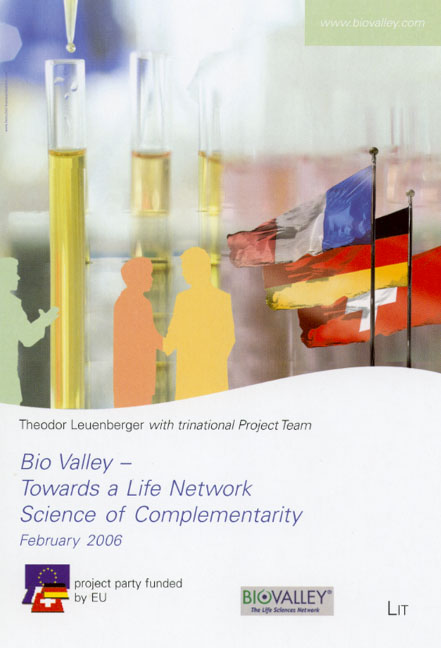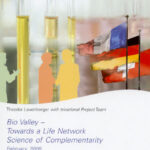Beschreibung
The current study uses the concept of national innovation systems (NSI) to
chart and compare the three national innovation systems within the Bio
Valley. The main finding ist that the systems are highly complementary,
where weahness in one country can effectively he compenanted by capacities
in one of the partner countries. One of the most striking examples is
the distribution of applied vs. basic research. While the German and
French part of the Bio Valley boast a very strong public research base,
Switzerland – through its multinational companies (MNCs) –
dominates in the applied research. Taken together the Bio Valley has a
very complete portfolio, yet patent analysis shows that transborder
collaboration is still heavily underdeveloped. It follows that knowledge
creation / knowledge networking (especially in basic research) is a prime
area for future Bio Valley development. It is also clear that development
in such an area of activity (c. g. as funding agency for research) would
require a significant increase in funding. Using the concept of
organisational learning the study also identifies a two stage development
of the Bio Valley initiative from “trinational” and “centralised” to
“regional” and “decentralised”. It is argued that this evolutionary
path is marked by commercial and political egoism. The report suggests
that a third stage development must clarify the extent to which the three
participating countries either favour national emphasis or international
co- operation.


